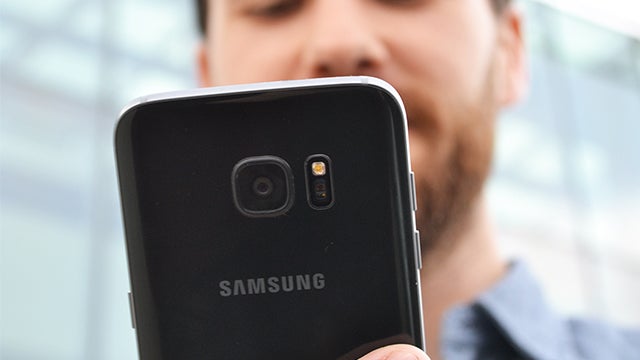The number of UK mobile phone calls has dropped for the first time ever

Ofcom’s annual Communications Market report has just dropped, and it confirms something that anecdotally has felt true for a long time: people aren’t buying smartphones to make phone calls.
In fact, 2017 marked the first time that the number of mobile phone calls dropped, dipping by 1.7%, from a cumulative 151.2 billion minutes of outgoing calls in 2016, to 148.6 billion last year.
That’s still an awful lot of minutes, of course, and the report only refers to network voice calls, rather than those made via the likes of WhatsApp, Skype and Messenger.
Related: Best smartphone
The decline could also be temporary, but that doesn’t seem to be the case for SMS and MMS messages, which definitely seem to be a dying breed. In 2012, we cumulatively sent 150.8 billion of them – last year, that figure dropped to just 77.3 billion.
It doesn’t take a genius to see why people are still buying phones despite the declining interest in their traditional features: internet access. The latest report states that the average person now uses 1.9GB of data per month, up 600MB from 2016 and 1.7GB from 2012.
On average, British people use smartphones for two hours and 28 minutes per day – although this figure rises to three hours and 14 minutes for people aged 18 to 24. Time spent on the internet across devices averages out at 24 hours per week, although a fifth of the population spends more than 40 hours per week online.
Growing concern?
For those that argue that smartphone addiction is a real worry, there are some troubling admissions in the research – especially in the reported attitudes section.
Two-fifths of adults confess to looking at their phone as their last act before falling asleep and then within five minutes of waking up, for example. On average, people check their phone once every 12 minutes throughout the day.
Adults generally have a negative reaction to being unable to connect to the internet: 34% feel “cut off“, 29% feel “lost”, 24% feel like they’re “missing out”, 18% worry about not being reachable by contacts, and 17% find it generically “stressful”.
By contrast, only a small percentage of people find no internet access to be a positive, with 10% pleased by productivity gains and a further 10% describing the experience as “liberating”.
Read more: Best cheap mobile phones
43% believe they spend too much time online, while 54% think mobiles interrupt face-to-face conversations. Perhaps that’s why giants like Facebook and Apple are now counter-intuitively introducing features that let users place time limits on their products.
Despite this negativity, it’s hard to argue that people are generally at peace with their usage: 48% of adults called the smartphone their most treasured device, well ahead of TVs (28%) and laptops (10%).
Do you still use your phone for calls, or is that function long gone for you? Let us know on Twitter @TrustedReviews.


